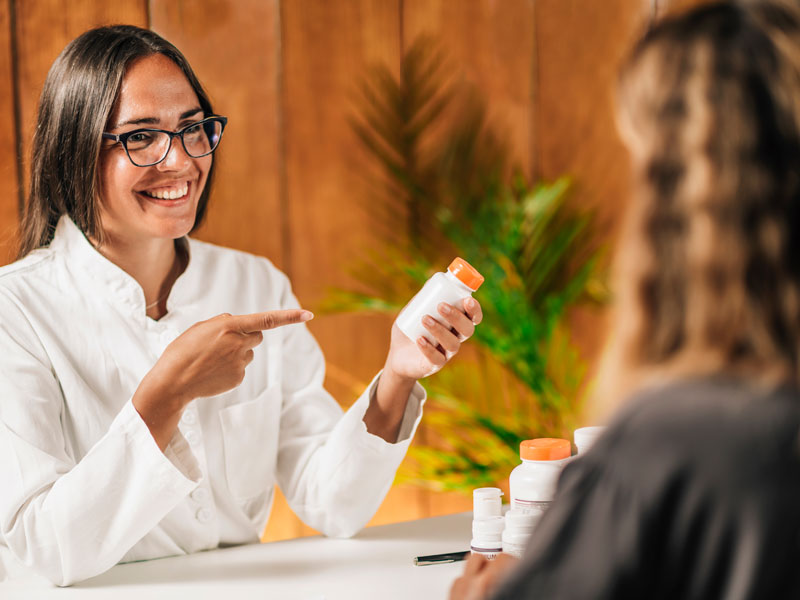
STEP 1
Schedule Your Consultation
Your journey to complete health begins with an initial 30-minute intake to gather the crucial details, along with your lab work. We then follow that with a 60-minute in-depth consultation with a Nava physician, where we take the time to get to know you and understand your wellness goals and needs.

STEP 2
Get a Custom Comprehensive Plan
Together, we’ll come up with the custom approach that works for you that actually addresses the root cause of what’s wrong. You don’t have to suffer – there’s a solution. Our services offer the latest in scientific treatments and holistic care.

STEP 3
Discover Your 100%
Start feeling better now and supporting your health for decades to come with a happy, healthy body. Live a longer, healthier, better life with the right tools, knowledge, and support from Nava Center.
Become a Member
Join Nava Health to find the support and preventive approach you can’t find with traditional healthcare.
NEW! NAVA IS NOW ACCEPTING INSURANCE FOR ACUPUNCTURE
Check our Insurance FAQs to learn more and see if you are eligible.
ABOUT US
The Nava Approach
to Medical Wellness
Nava Health and Vitality Center will introduce you to a new side of total body wellness. Our revolutionary approach to integrative wellness draws from regenerative, holistic, integrative, and traditional medicine, keeping a foundation grounded in science, and developed from years of clinical experience and proven principles. Our mission is to improve your health and overall wellness so that you can function, feel, and look your best at any age. Our health and wellness programs address a wide variety of issues by getting to the root cause, instead of just putting a bandaid on a symptom.

TESTIMONIALS
What Our
Patients Say

READ MORE
Integrative Functional
Medicine that Works
Nava Health & Vitality Center has created a revolutionary method for maximizing wellness that transcends traditional approaches. With locations in Maryland, Washington, DC, Northern Virginia, Florida, and many more on the way, along with telehealth services, our integrative team of medical practitioners will help you navigate your custom wellness plan.
Nava Health’s functional medicine team includes Physicians, Acupuncturists, Clinical Nutrition Experts, Massage Therapists, and modality experts. Our collaborative approach can help you recalibrate your body and optimize your health to its full potential.
Whether you are suffering from unexplained weight gain, insomnia, fatigue, anxiety, pain, digestive issues, menopause, or a decline in your sex drive, Nava Health’s personalized roadmap can get to the root cause of your symptoms, help prevent future illness, and improve your health.
LATEST NEWS
Recent Articles and News
NAVA HEALTH TEAM
Our Specialized Providers






















